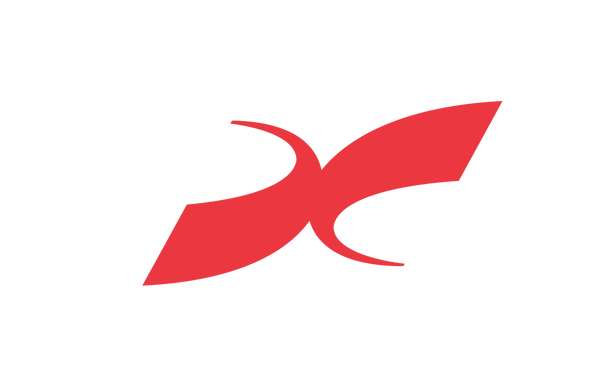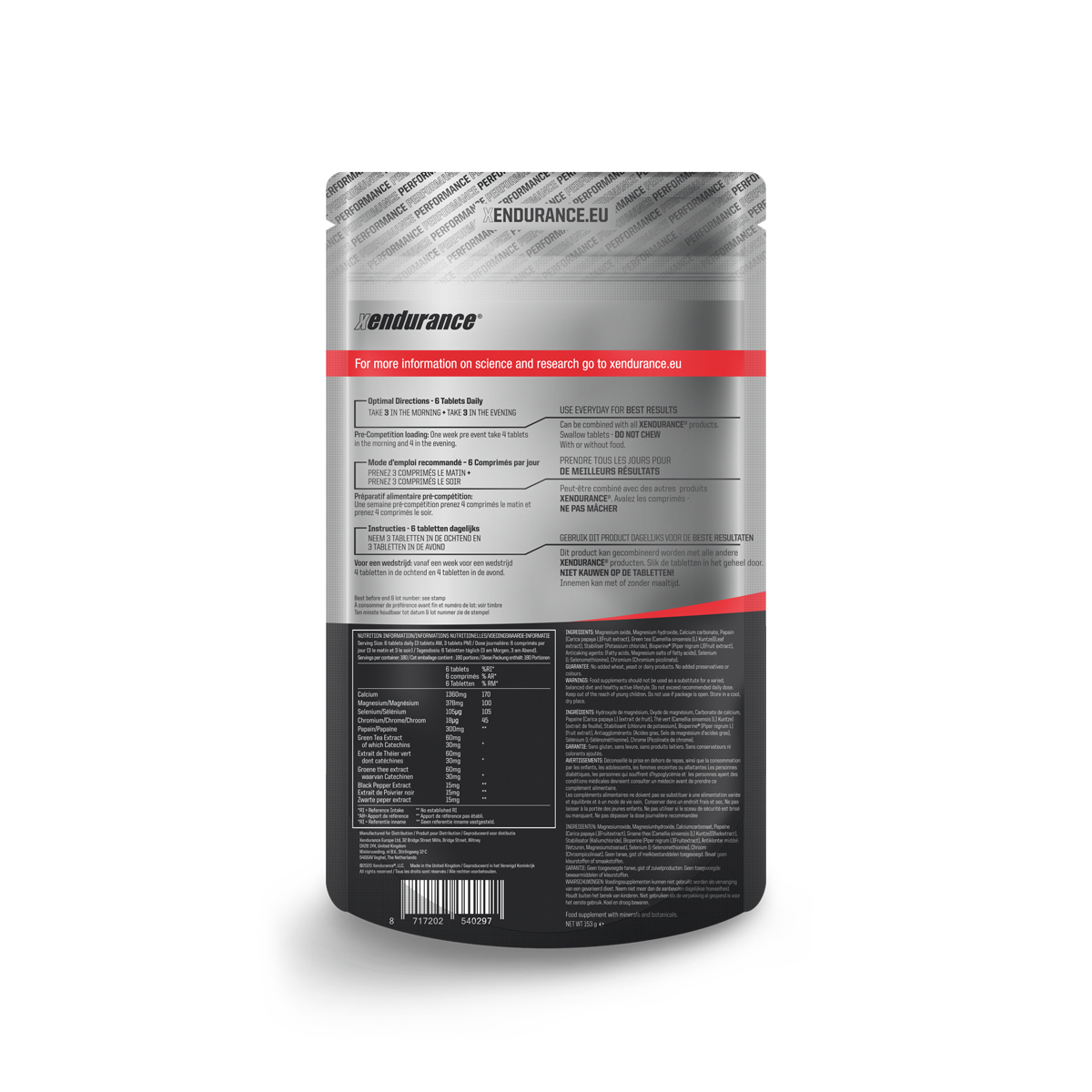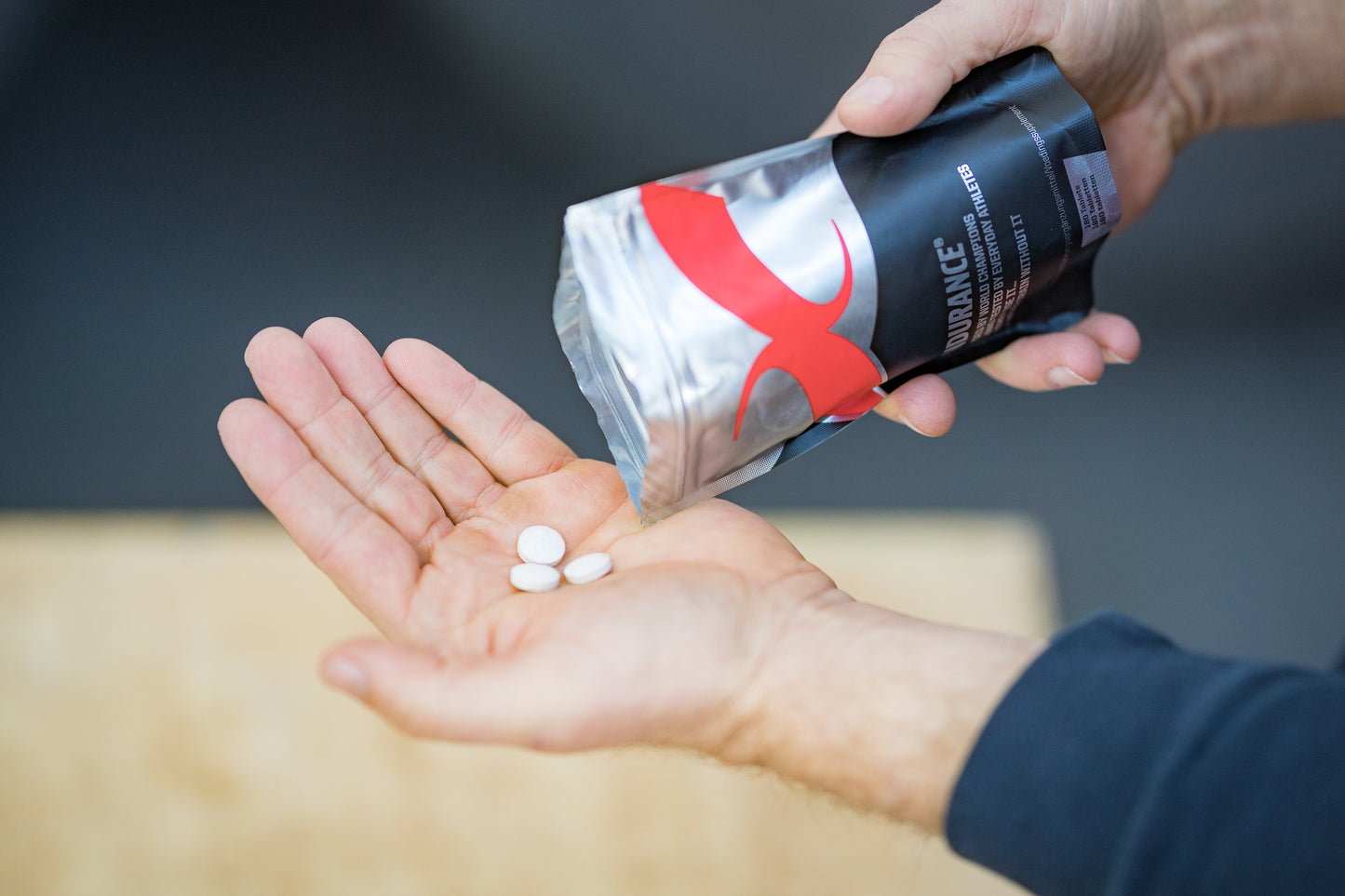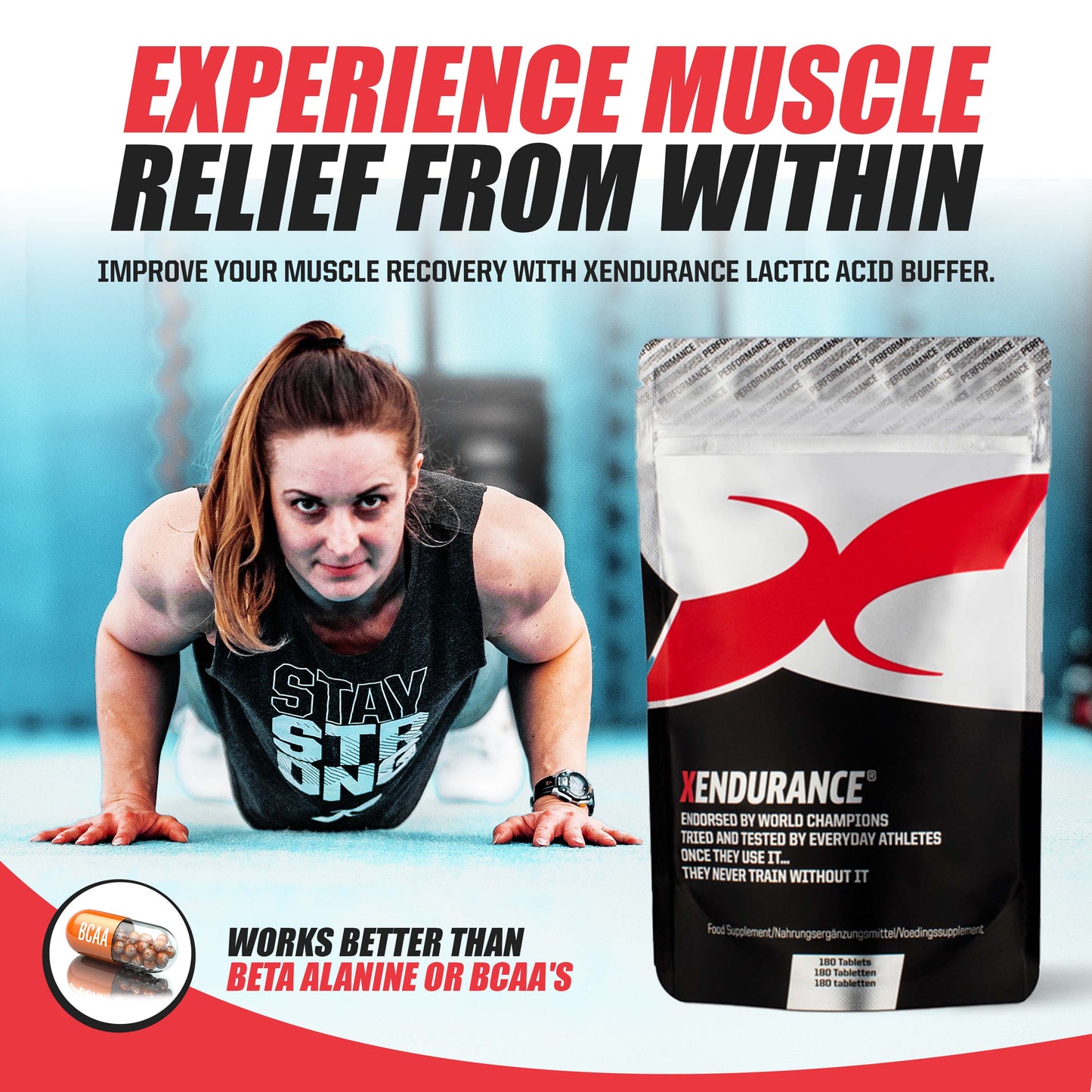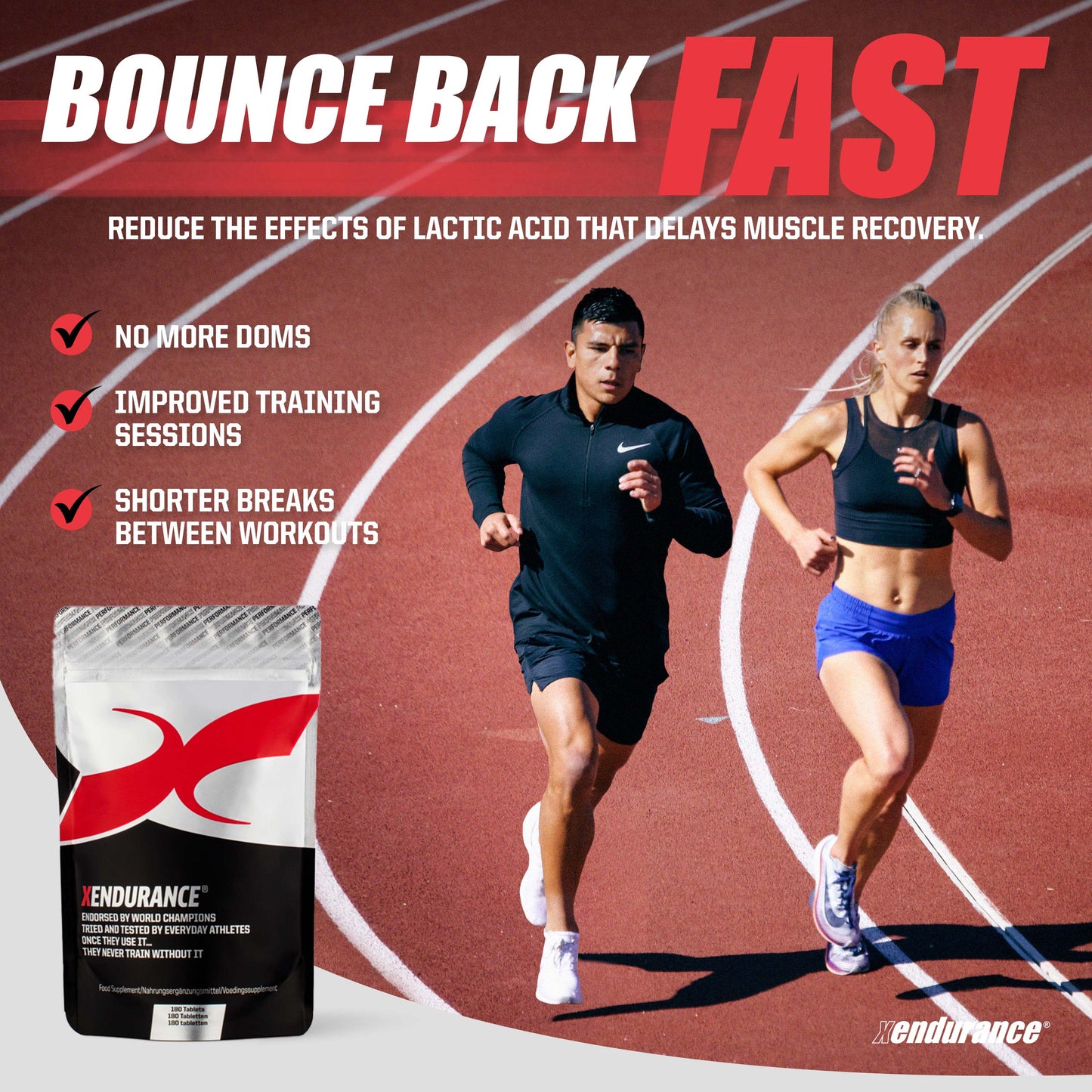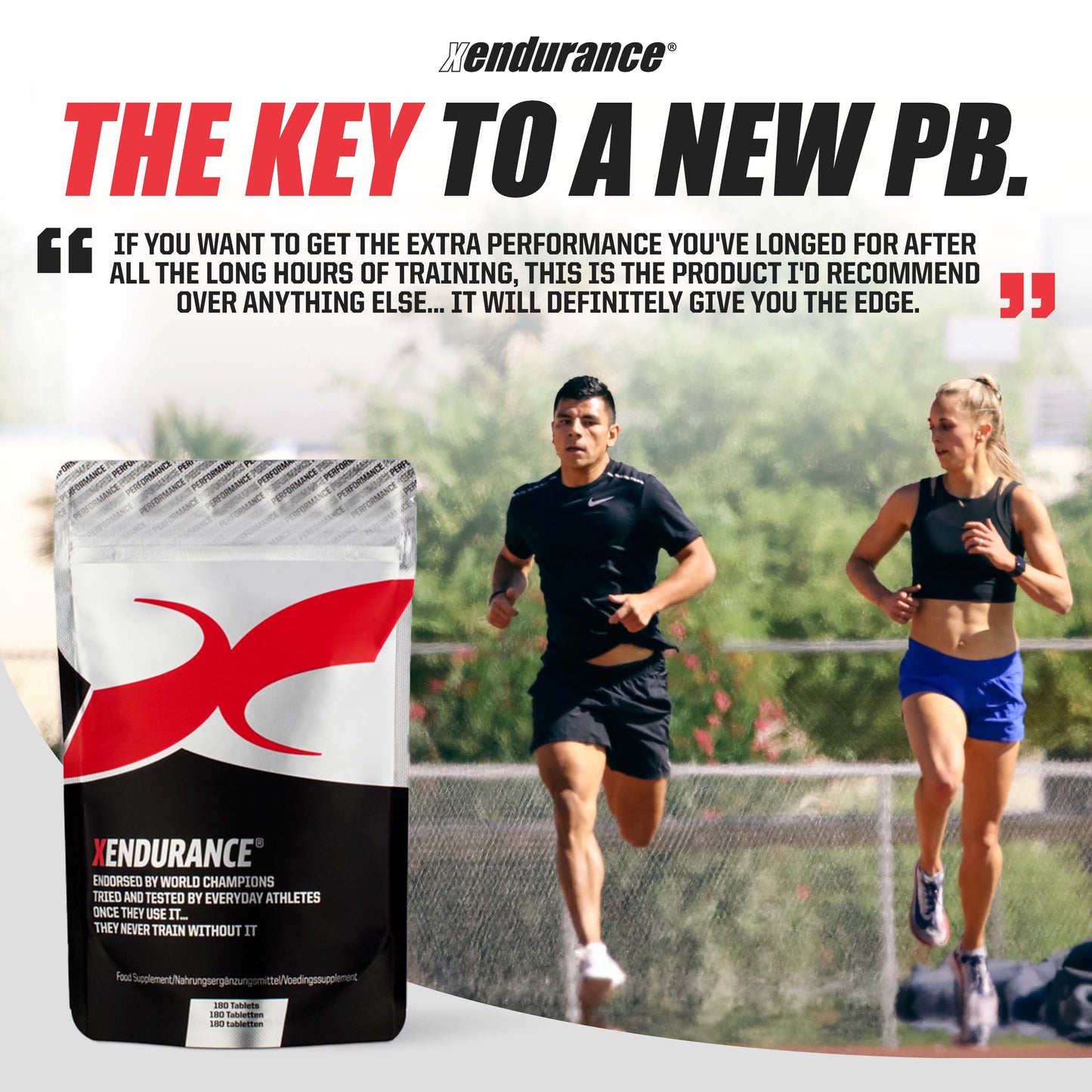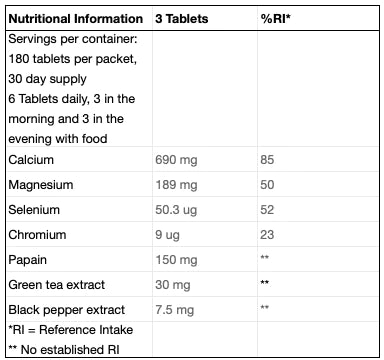Share
We all know how frustrating it is to be ill when highly motivated to train. So what can you do this winter to reduce time ill?
The best performing athletes have the fewest sick days. Whether this is because they are so fit and healthy they do not get ill, or they are fit and healthy because they are not getting ill is unclear. Regardless it makes sense if someone is ill less, they do more training and get better results.
Energy
If your body is not receiving the energy it needs it begins to cut energy costs where it can. One of these places is your immune system. You will likely have higher energy requirements over winter due to your body creating more heat. This means you should feed yourself a little more. Ideally the increase in energy comes from wholegrain carbohydrates in your meals. These are bread, pasta, rice, potatoes and other grains.
Vitamins
Vitamin C and Vitamin D have roles in the immune system.
Vitamin D blood levels in the UK population
|
Age |
% Below 25 nmol/L |
% Below 50 nmol/L |
|
19 - 64 |
23 |
61 |
|
65+ |
23 |
65 |
This table shows the vitamin D levels in the UK. Below 50nmol/L is insufficient and over half the population are in this category. Recommendations are for everybody in the UK to take a 10ug supplement of vitamin D through winter. This is because the main source is through sunlight touching our skin and reacting with cholesterol to form vitamin D. If you are not exposed to sunlight (specifically UV light) your body is not making vitamin D. If you are not exposed to sunlight frequently through the summer due to work or other reasons keeping you indoors you would likely benefit from supplementing year round.
Vitamin C enables immune cells to move around the body more easily and enables immune cells to engulf bacteria and viruses more effectively. It is not stored in the body as it dissolved in water. Therefore having daily vitamin C is essential. The recommended daily intake of Vitamin C is only 40mg a day. This is easily achievable. However, high doses of vitamin C have been shown to reduce the duration of illnesses. You must be taking vitamin C at the time you get unwell to see this effect. Taking Vitamin C once ill dose not influence illness duration. 1g (1000mg) of vitamin C has been used in research to shorten duration of illnesses.
Glutamine
Your immune system is dampened proportionately to the duration and intensity of the exercise you do. An amino acid called Glutamine has been shown to reduce rates of illness after endurance exercise as it reduces drops in immunity. 2 x 5g doses after exercise has been shown to be beneficial.
Zinc
Zinc is lost in sweat during exercise. It is needed for a healthy immune system . As a result supplementing with Zinc can reduce illness. Zinc lozenges have also been show to reduce illness severity if taken < 24 hours of symptoms of illness. Zinc absorption is prevented by tea and coffee. Therefore avoid drinking tea and coffee with meals. Good sources of zinc are seafoods, wholegrains, cereals and leguminous vegetables.
Iron
Iron is needed in all cells, therefore if you do not have enough iron in your diet immune cell production will be reduced. Women are more at risk of iron deficiency due to menstruation. Vitamin C improves iron absorption if combined in the same meal as the iron source. Like zinc, tea and coffee prevent absorption of iron. Good sources of iron are meat, eggs, leafy greens and dried apricots.
Practical recommendations
Eat enough calories
Carbohydrates support your immune system
Vitamin C reduces illness duration if taking before symptoms
Take a vitamin D supplement
2 x 5g doses of Glutamine attenuates immune system drop after strenuous exercise
Zinc lozenges within 24 hours of symptoms reduces illness
Deficiencies in Zinc or Iron reduce immune health.
Written by: Sam Twine Qualified Sports Dietician, need a race nutrition plan or a diet plan to help you with weight loss? Contact Sam at samtwinesportsdietitian@gmail.com or check out his website here.
Bermon, S., Castell, L. M., Calder, P. C., Bishop, N. C., Blomstrand, E., Mooren, F. C., Krüger, K., Kavazis, A. N., Quindry, J. C., Senchina, D. S., Nieman, D. C., Gleeson, M., Pyne, D. B., Kitic, C. M., Close, G. L., Larson-Meyer, D. E., Marcos, A., Meydani, S. N., Wu, D., … Nagatomi, R. (2017). Consensus Statement Immunonutrition and Exercise. Exercise Immunology Review, 23, 8–50. http://www.ncbi.nlm.nih.gov/pubmed/28224969
Díaz-Jiménez, J., Sánchez-Sánchez, E., Ordoñez, F. J., Rosety, I., Díaz, A. J., Rosety-Rodriguez, M., Rosety, M. Á., & Brenes, F. (2021). Impact of Probiotics on the Performance of Endurance Athletes: A Systematic Review. International Journal of Environmental Research and Public Health, 18(21), 11576. https://doi.org/10.3390/ijerph182111576
Walsh, N. P. (2018). Recommendations to maintain immune health in athletes. European Journal of Sport Science, 18(6), 820–831. https://doi.org/10.1080/17461391.2018.1449895
